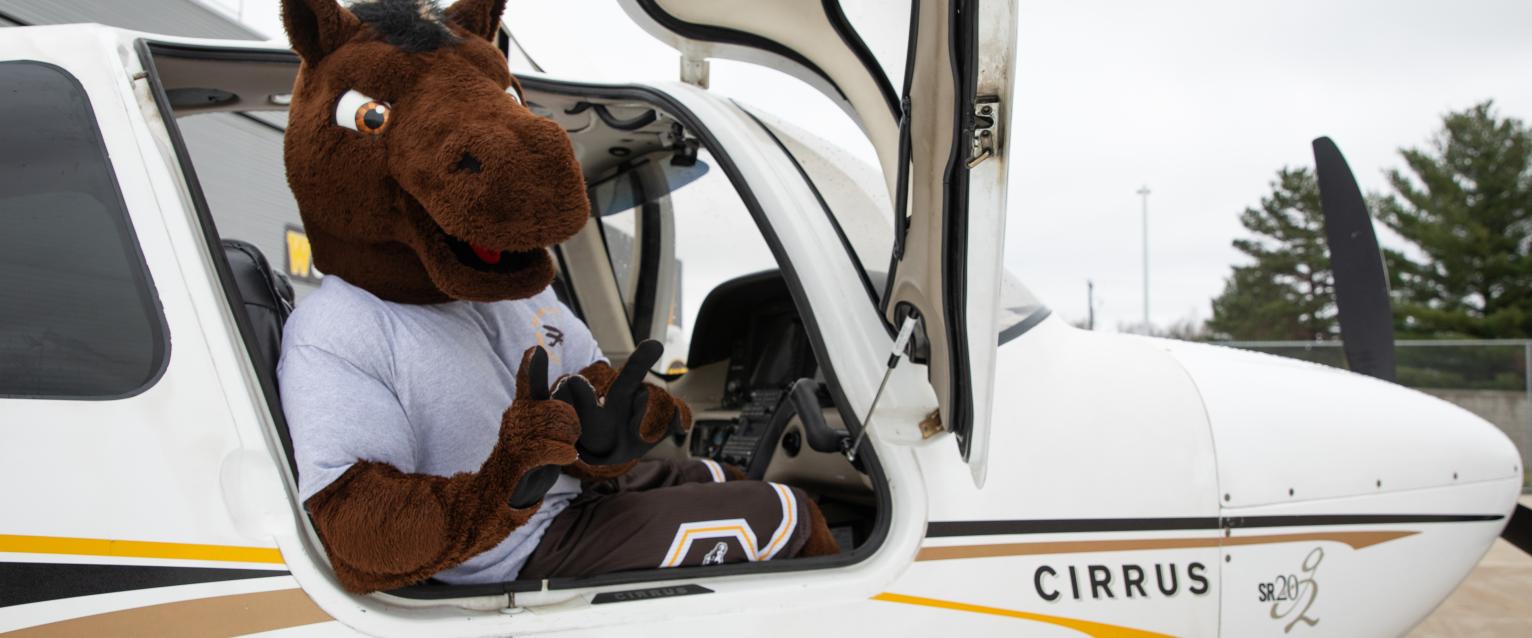About our Safety Reporting System
A key element of the safety program is the software that enables any member of the college: faculty, student, or staff, to conveniently report safety-related concerns, incidents, or events. The web-based system is based on methodologies employed by government agencies, major airlines, and other flight operations, and automatically generates e-mail messages to appropriate personnel throughout the process. Protocols have been established to determine event causation and, where appropriate, remediation without retribution. Appropriate actions will be taken throughout the process to continually ensure a safe educational and operational environment. Finally, the data that is collected is retained, in identified and unidentified forms, to access easy trend analyses leading to risk identification and mitigation. Should you have questions regarding the reporting system, please contact any of the Safety Committee members below.
- Accreditation
- Safety
- Aviation Emporium
- Research
-
- FAA Testing
-
- Air Race Classic
- ALPA Ace Club
- Alpha Eta Rho
- American Association of Airport Executives
- Arnold Air Society and Silver Wings
- Association for Women in Aviation Maintenance
- Aviation Student Council
- Business Aviation Club
- Latino Pilots Association
- Organization of Black Aerospace Professionals
- National Gay Pilots Association
- Skills USA
- Sky Broncos
- Women in Aviation
- Skydive Broncos
- Technology Resources
- Contact Us
- Scott Austin, Director of Aircraft Maintenance
- Rob Bunday, Chief Instructor
- Aleks Copeland, Operations/Facilities Tech
- Jason DeGeorge, Faculty Chair
- Kelly Golda, Coordinator of Student Flight Services
- Jonathan Gray, WMU Peer Advocate, Flight Instructor
- Tom Grossman, Executive Director of Flight Operations
- Nate Lisak, Faculty
- Braeden Lueder, Aviation Flight Science and Aviation Management
- Tom McLaughlin, Chief Instructor
- Sam Mills, WMU Peer Advocate, Flight Instructor
- Jarrett Natrop, WMU Peer Advocate, Flight Instructor
- Chuck Orr, BTL Airport Operations Manager
- Selim Ozyurek, Faculty
- Gail Rouscher, Faculty
- Nicholas Rowe, Faculty
- Dave Schrader, Director of Safety
- Ray Thompson, Dean
- Scott Vredevoogd, BTL Air Traffic Controller
- Miles Weaver, BTL Assistant Director of Aviation
- Mark Weiss. WMU Director of Environmental Health and Safety
- Garrett Williams, WMU Peer Advocate, Flight Instructor


